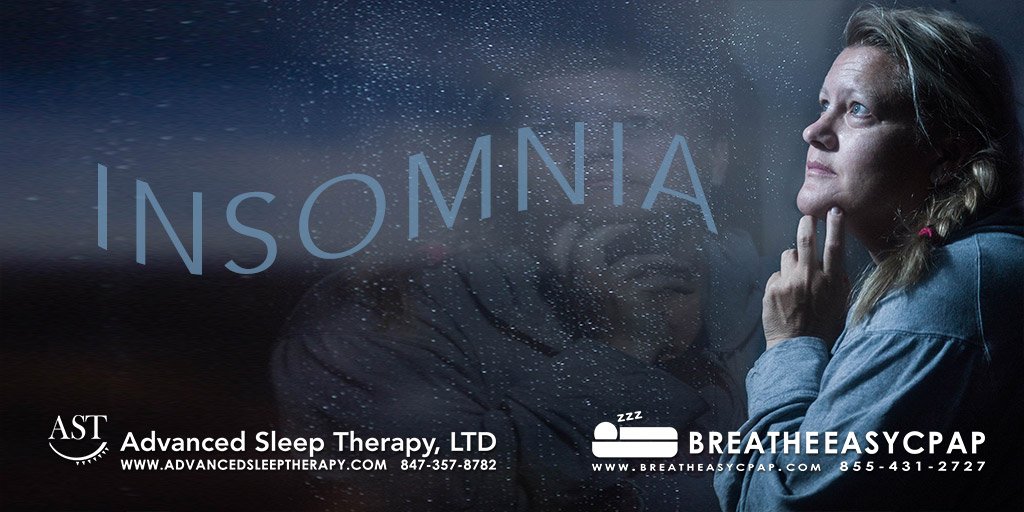Sleep and Mood
Drugs, stressful situations, and even excessive noise can affect daily body rhythms and moods. An irregular living schedule can aggravate mood disorders. The old-fashioned sanitarium rest cure was effective with the “nervous” because it put the patient on a regular schedule of sleep, activity, and meals. Below are some kinds of sleep disturbances that can make mood disorder worse.
Insomnia
A person suffering from insomnia has difficulty initiating or maintaining normal sleep, which can result in non-restorative sleep and impairment of daytime functioning. Insomnia includes sleeping too little, difficulty falling asleep, awakening frequently during the night, or waking up early and being unable to get back to sleep. It is characteristic of many mental and physical disorders. Those with depression, for example, may experience overwhelming feelings of sadness, hopelessness, worthlessness, or guilt, all of which can interrupt sleep. Hypomanics, on the other hand, can be so aroused that getting quality sleep is virtually impossible without medication.
Delayed Sleep Phase Syndrome
This is the most common circadian-rhythm sleep disorder that results in insomnia and daytime sleepiness or somnolence. A short circuit between a person’s biological clock and the 24-hour day causes this sleep disorder. It is commonly found in those with mild or major depression. In addition, certain medications used to treat bipolar disorder may disrupt the sleep-wake cycle.
REM Sleep Abnormalities
REM sleep abnormalities have been implicated by doctors in a variety of psychiatric disorders, including depression, post traumatic stress disorder, some forms of schizophrenia, and other disorders in which psychosis occurs.
Irregular Sleep-Wake Schedule
This sleep disorder is yet another problem that many with Bipolar II experience and in large part results from a lack of lifestyle schedule. Bipolar drug abusers and/or alcoholics who stay awake all night searching for similar addicts and engaging in the drug-seeking behavior, which results in sleeping the next day, usually experience the reverse sleep-wake cycle.
If you find that you are experiencing sleep/mood issues it is time to sit down with your physician. Your Doctor may order a sleep study to determine if you would benefit from CPAP Therapy. Advanced Sleep Therapy can provide all of your equipment and assist you along the way to a better night’s rest.
The Dream Team at Advanced Sleep Therapy consists of a team of Respiratory Practitioners, as well as an RN Nurse Clinician who will assist you in starting out with the proper CPAP treatment equipment right in the comfort of your home and then provide ongoing monitoring to your Doctor. Advanced Sleep Therapy located in Arlington Heights has been serving Chicagoland for over fourteen years. Their knowledge and experience in CPAP machines, CPAP humidifiers, CPAP masks, CPAP headgear and all cleaning and CPAP accessories is outstanding, which is what makes them JCAHO Gold Seal Certified providers.

